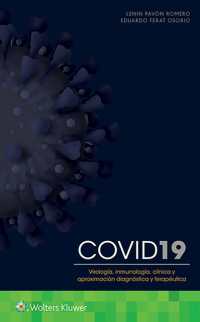Description
(Text)
(Text)
School systems in the Visegrad Four countries have gone through significant change since the political upheavals of 1989. The book describes developments in curriculum and curriculum policy over the last three decades and considers the possible impact and perspectives of current changes. It explores the nature of curriculum reform, addresses the challenge of its implementation and highlights the reform as a means by which school quality can be improved and as a 'provider' of aims and contents of school education. Hopefully, the book will contribute to the discussion of options for further curriculum development and curriculum policy in the Visegrad Four and other countries with a similar educational background.
(Author portrait)
Tomás Janík ist assoziierter Professor für Erziehungswissenschaft und Leiter des Forschungsinstitutes für Schulbildung an der Pädagogischen Fakultät der Masaryk Universität in Brno. Er ist Vorsitzender der Arbeitsgruppe für Fachdidaktik der Akkreditierungskommission. Seit 2015 ist er als Berater der Ministerin für Schulwesen, Jugend und Sport tätig.Stefan Porubský is a Professor of Education at the Faculty of Education, Matej Bel University in Banská Bystrica. He works here at the Department of Pre-primary and Primary Teacher Education and serves as a Dean of the faculty. His current research and academic interests are focus on the issues of educational reforms in Slovakia, curriculum, and teaching and learning.Magdolna Chrappán is an associate professor at the Institute of Educational Studies and Cultural Management of University of Debrecen. Her field of education and research is curriculum theory, school organisation theory and school management, as well as curriculum in science education. She is a professional advisor at several Hungarian school development projects, a curriculum expert. She mainly teaches in teacher training and teacher further education.







